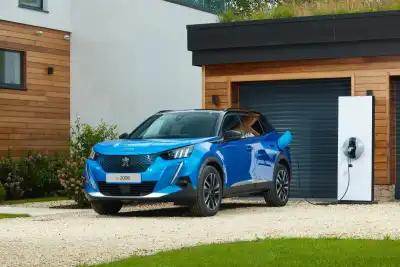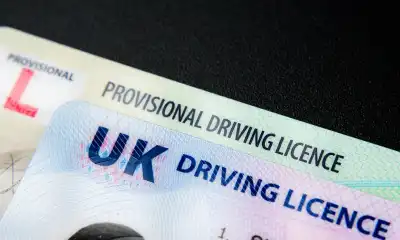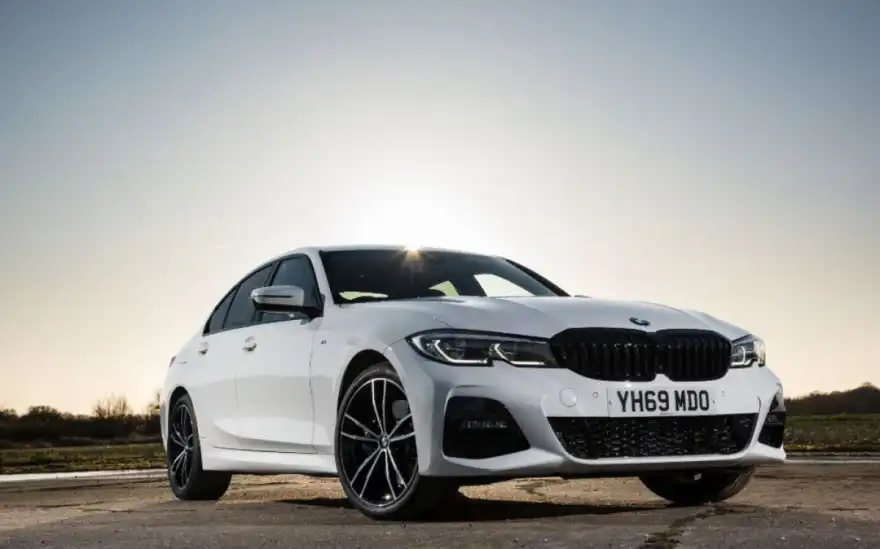
It seems that as the car industry shifts to a more sustainable, greener landscape, there is a growing number of hybrid-sceptics among us. Are hybrids really as green as they claim? Are they actually good for the environment? Will hybrids solve the air pollution crisis in our cities? Let’s find out.
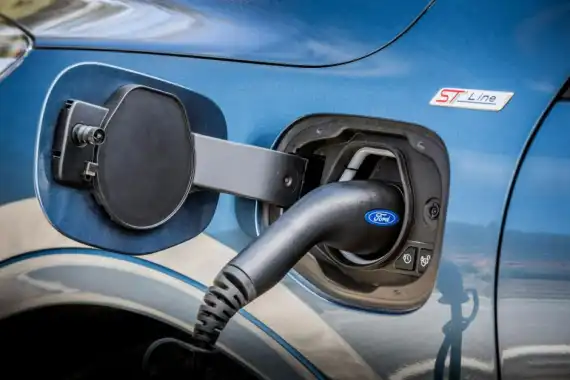
First of all, it’s important to point out that any vehicle that runs even partially on a combustion engine is not going to be fully sustainable and ‘green’. Hybrid vehicles should be perceived as a step towards sustainability, but by no means are they a long term solution.
The truth is, Hybrid cars aren’t quite as green they are cracked up to be, but it’s a similar story to the claimed miles-per-gallon that marketers push for petrol and diesel engines too. Campaign group Transport & Environment (T&E) presented evidence [ https://www.transportenvironment.org/sites/te/files/publications/2020_09_UK_briefing_The_plug-in_hybrid_con.pdf ] in September of 2020 that suggested the emissions from Hybrid cars are over two and a half times worse than official test values.
The counterargument would be that ‘official test values’ are essentially marketing material. The real test is how do modern hybrids compare against conventional petrol or diesel vehicles?
The same test from Transport & Environment showed that throughout the lifetime of a hybrid vehicle it will emit about 28 tonnes of CO2, which compares to 39 and 41 tonnes for petrol and diesel cars respectively.
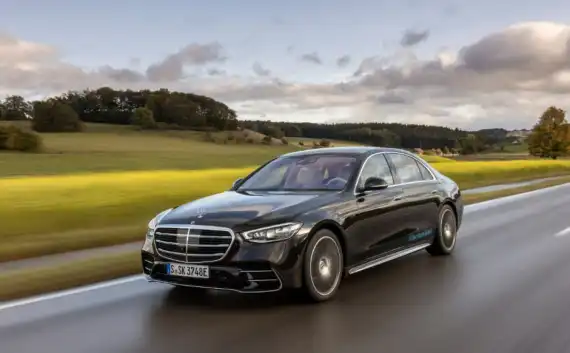
Is a hybrid car good for the environment?
Fundamentally it is impossible for anyone to argue that a Hybrid car is good for the environment, as a percentage of the vehicle’s power is coming from burning a non-renewable energy source, whether that is petrol or diesel, and emitting a pollutant in the form of carbon dioxide.
Categorically, a hybrid car is not good for the environment. It is, however, irresponsible to dismiss the fact that owning a hybrid car is often better for the environment than owning petrol or diesel cars. When driven to real-world standards, you’re likely to get between 20% - 35% more efficiency from a hybrid when compared to a like-for-like combustion engine. The less fuel that is burned per mile is essentially better for the environment.
How do hybrid cars reduce air pollution?
Hybrid vehicles are able to reduce their contribution to air pollution in a number of ways. Firstly, by giving the driver the option of pure-electric driving in stop-start and low-speed driving situations, the cars are essentially releasing zero tailpipe emissions.
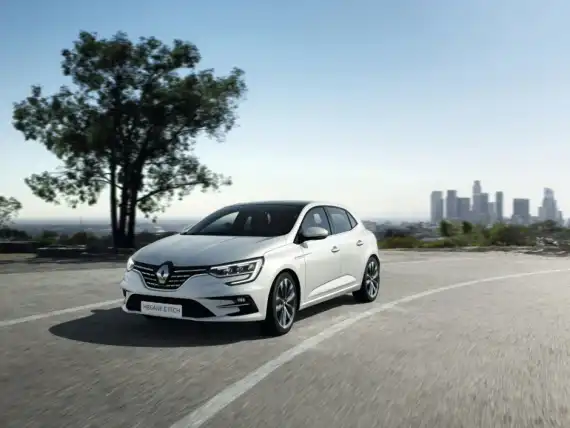
This sort of driving is most commonly used in built-up areas such as city centres and suburbs, where there are more pedestrians, cyclists and houses. Reducing emissions in these areas is extremely important.
Secondly, Hybrid vehicles are able to reduce their emissions when driving in Hybrid mode as the electric motor reduces the stress on the combustion engine when accelerating from a standstill and accelerating aggressively. This is when a vehicle emits the most emissions as it burns fuel, and the assistance provided by the electric motor, therefore, reduces the number of pollutants being pumped into the air.

